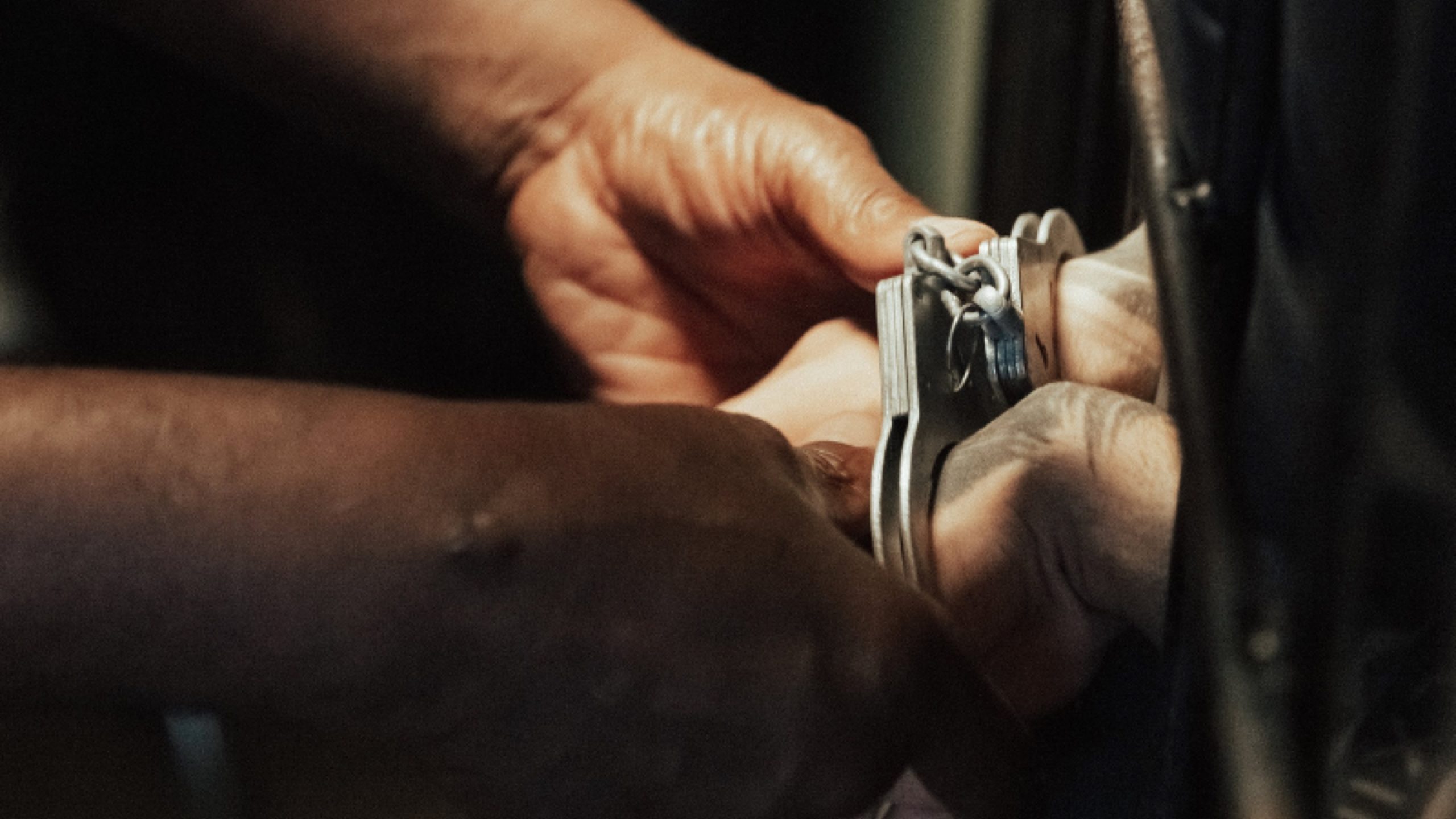The US deports criminals to Eswatini under a revived deportation policy targeting foreign nationals whose home countries refuse to accept them. In a recent case, five men—originally from Cuba, Jamaica, Laos, Vietnam, and Yemen—were deported to Eswatini after serving prison sentences in the United States. Their convictions included serious crimes such as murder, child rape, and gang-related violence.
Eswatini Holds Deportees in Isolated Prison Units
Eswatini’s government confirmed it accepted the five men and placed them in solitary confinement. Acting government spokesperson Thabile Mdluli stated that officials are cooperating with the International Organization for Migration to manage the situation. However, the country has not revealed the terms of its agreement with the United States.
The fact that the US deports criminals to Eswatini without public consultation has raised legal and ethical concerns. Government insiders suggest the men could remain in solitary detention for up to a year while repatriation efforts continue.
Legal Challenges and Human Rights Concerns
Local human rights lawyers attempted to meet with the detainees but were denied access. One lawyer has now filed court papers seeking legal permission to consult with the men. Civil society groups argue that Eswatini’s decision to accept the deportees—despite having no legal or diplomatic ties to their countries—violates international human rights standards.
Opposition leaders in Eswatini condemned the agreement, describing it as “human trafficking disguised as deportation” and demanding full transparency.
South Africa Fears Cross-border Spillover
South African officials voiced concern after learning that the US deports criminals to Eswatini, especially given the shared and often poorly monitored border. Security experts warned that the deportees could cross into South Africa if released. In response, the Border Management Authority has increased its surveillance along key crossings.
Analysts caution that South Africa could face indirect consequences from this policy, especially if similar deportations continue.
Policy Backlash Spreads Across the Region
As the US deports criminals to Eswatini, critics argue that Washington is shifting its deportation burden to smaller African nations. Eswatini joins countries like South Sudan and Rwanda in receiving foreign criminals through secretive arrangements.
Calls are growing for Eswatini’s government to disclose the terms of its deal with the US. Meanwhile, legal and diplomatic pressure is mounting as the US deports criminals to Eswatini, raising serious concerns about sovereignty, legality, and regional security.


